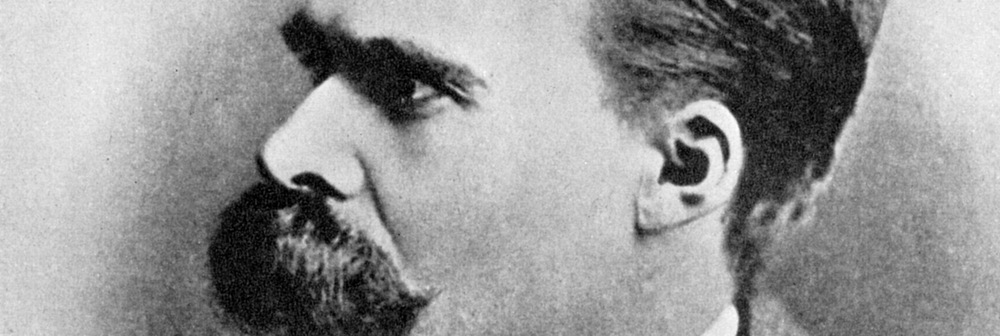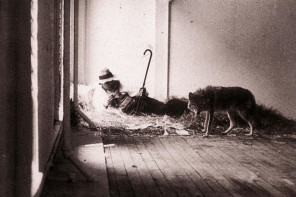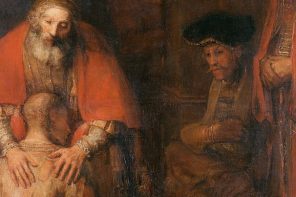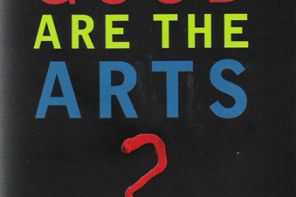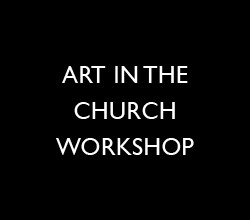Terry Eagleton, Culture and the Death of God, Yale University Press, New Haven and London 2014, pgs. 208 $19.99 Hardcover ISBN 978-0-300-20399-8
Terry Eagleton made his name in British criticism as the principal (and often only) high profile revolutionary socialist in literary scholarship. However, as postmodernity exerted its toll upon the intellectual theorist, Eagleton seemed increasingly dissatisfied with the scope and method of much postmodern theory, declaring back in 2004 with his book After Theory that much critical theory had little to say of things like morality, ethics and the divine. Whilst many questioned his commitment to orthodox Marxist materialism, this renewed interest in theology has given fresh impetus to his writing and helped him emerge as still one of the most vital thinkers in terms of Marxism, culture and theology.
His latest work mixes his usual stylistic verve and intellectual fireworks with a deep interest in the interaction between culture and faith. Through just over 200 pages Eagleton races through centuries on intellectual history, deploying a dizzying array of thinkers and philosophers with great skill and insight.
The central thesis of Culture and The Death of God is a very simple one. For all of the modern age’s determination to kill off God, the concept of the deity just won’t stay buried. It seemed for a time that we finally had the courage of Nietzsche and accepted the disappearance of God. The result being that an increasingly materialistic postmodern culture had replaced dogma with scientific naturalism and the transformative power of social justice had replaced Christian evangelism. According to Eagleton, the postmodern age was the first genuinely atheistic one, until the traumatic events of Sept 11th 2001. Since then religious belief has re-emerged – violent, passionate and springing up from the souks of Damascus and the slums of Latin America to the megachurches of the USA. God, it seems, is not so willing to accept the irrelevance we have attempted to give him. As Eagleton expresses it, Western capitalism has “managed to help spawn not only secularism, but also fundamentalism, a most creditable form of dialectics” (198).
In the days of pre-modernity, religion (particularly, for Eagleton, Roman Catholicism) performed the unique function of “uniting theory and practise, elite and populace, spirit and senses” (xi) like nothing else. The radical Enlightenment with a well-honed philosophical edge and a political iconoclasm sought to depose the deity as the ultimate bedrock of thought and practise and replace it with reason. However, in a truly secular society it turned out that the idea of God was not easily laid to rest. Reason was too much of a cerebral, rarefied and irreverent affair to inspire the souls of men.
Following a brisk overview of the Enlightenment assault on religion–“at root a political rather than theological affair”–Eagleton reserves his sharpest ire for those who disdained personal faith while maintaining its importance for the lower classes – the “I may not believe, but it is politically expedient that you do so” line of intellectual argumentation (12). The high-minded Matthew Arnold (and his modern counter-part Alain de Botton), come in for particular vitriol for this kind of mealy-mouthed platitudinous thinking. Espousing a gentrified vision of Christianity, Arnold and de Botton are rightly upbraided for their theological illiteracy and political indifference to vast swathes of people. Nietzsche, by contrast, is seen as a figure to be admired – a philosopher who took seriously the problem of God’s absence and seemed to fully understand the consequences of his most blasphemous declaration of God’s demise. Yet even the Nietzschean Ubermensch cannot escape the idea of a transcendental otherness and thus, like the Idealist’s notion of Geist or the Romantic sublime, is just another version of “counterfeit theology.”
If it is Nietzsche who comes closest to an authentic atheism, it is Marx that Eagleton credits with actually arriving there. In his historical materialism people are rendered free, but not transcendent and thus Marx avoids the trap of making man another surrogate for God – the same trap into which the ingenious Nietzsche fell.
It’s in the figure of Marx that the book can be contextualised in Eagleton’s work and thought over the last fifty years. In the wake of the second Vatican Council of the 1960s Eagleton (and some other Cambridge intellectuals) were responsible in large part for the formation of the British Catholic New Left. In his books The New Left Church (1966) and The Body as Language: Towards A New Left Theology (1970) Eagleton passionately argued that Christian theology could only be re-energised by an encounter with the revolutionary energies of Marxism. Whilst he left Catholicism and focused his attention upon literary theory, Eagleton arguably ranks among the great liberation theologians of the modern age.
As the 2000s wore on Eagleton has increasingly returned to his earlier Catholic beliefs. Alongside Trouble with Strangers: A Study in Ethics (2008) and Reason, Faith and Revolution: Reflections on the God Debate (2009), Culture and the Death of God forms the third part of a fascinating trilogy of theo-philosophical writings. We have categorically failed to replace the concept of the divine and thus Eagleton concludes with a call to take it seriously. Christianity, with its focus on the crucified body, a radical solidarity with the poor, the dispossessed and disenfranchised does not simply add supernatural support to a set of ethics but rather offers a radical dissolution of our life towards a compassionate and just rebirth. The radical left as a whole is now full of these reluctant Christians, with thinkers as diverse as Slavoj Zizek, Jacques Derrida, Alain Badiou and Giorgio Agamben all co-opting the language and practise of theology. It seems that the secular intellectual has given up on replacing God, aiming instead to work with him towards an emancipatory politics outside of capitalist control. It is this distinct and hopeful possibility of such a radically new configuration of faith, culture and politics with which Eagleton concludes.

